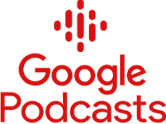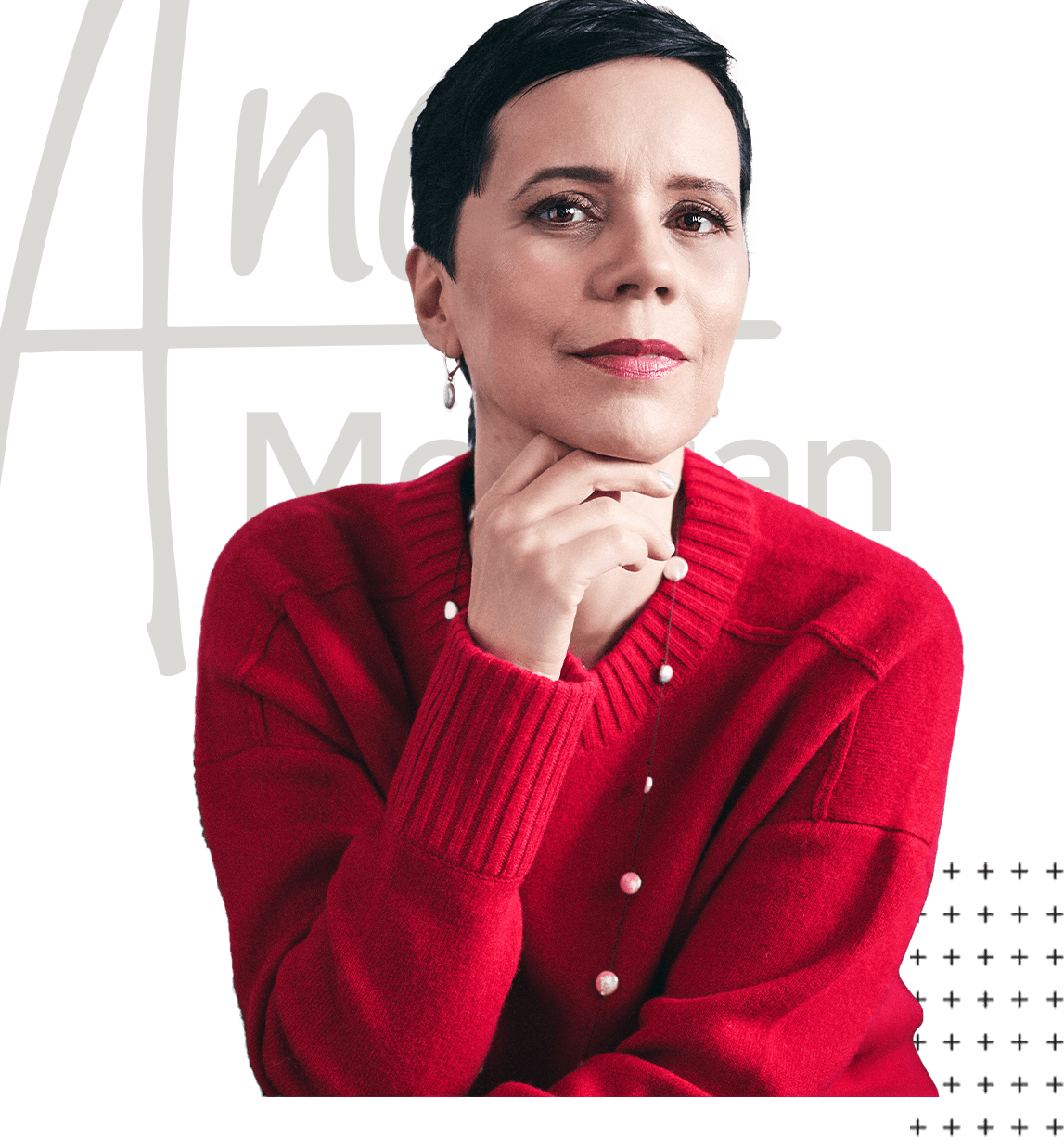The Courage Mindset with CB Bowman
“My intent is not to shame or blame. My intent is to create awareness.” – CB Bowman
I had the joy of interviewing CB Bowman-Ottomanelli, MBA, author, speaker, and host of the Courage: To Leap & Lead podcast. She is also the founder of ACEC – Association of Corporate Executive Coaches.
CB helps executives and entrepreneurs tackle complex problems with simple solutions by viewing failure as success and using courage as a daily driver.
We discuss:
- Redefining courage as microcourage™
- Different environments that require courage
- The importance of being aware of how your actions affect others
Redefining courage as microcourage™

Courage means more than facing adversity or running into burning buildings to save someone; that is macrocourage™. You can experience microcourage™ in everyday events, which will help you in reaching your goals.
“My definition of courage is the ability to act—that’s it! To say yes or no and move forward despite adversaries or supporters,” CB shares, “somebody who is riddled in pain and gets out of bed every day to go to work has profound courage.”
Being courageous can look like being honest with a friend in a respectful way and risking the friendship. Tactful honesty is courageous. Speaking one’s mind can be exceptionally courageous.
“We have to change our mindset about what courage is, and we have to applaud ourselves for being courageous.” CB continues. Daily life takes courage in ways we don’t always recognize. It takes courage to act despite hesitations and the fear of failure.
Different environments that require courage

CB knows what it feels like to face discrimination among professionals. One such recent reality manifested when a colleague admonished CB for sending an email announcement to a large group of peers. However, this colleague then turned around and did the same thing, despite instructing CB that it was not the proper way to convey information. The colleague defended her actions by saying it was only a book recommendation.
CB wrote her back and said, “That is interesting but let me share a different perspective which I’m only sharing with you and not the rest of our colleagues. Your action could be considered racism because you allowed yourself to do what you told me I should not do. And you created a reason that made your action okay. So, whatever is going on inside of you, I’m okay with it. But you need to know that this was my reaction.”
This retort was clearly an act of courage.
We all have intrinsic biases and unconscious assumptions, and all of us share the need to be courageous in bringing these biases to the attention of the person delivering the message.
By using courage and speaking to the issue in-the-moment, the possibility for growth rises. Stewing on an uncomfortable or hurtful interaction does no good—creating awareness tactfully and genuinely about how someone’s actions come across is what contributes to positive change.
The importance of being aware of how your actions affect others

We must embrace honest, truthful conversations. After all, our actions and emotions are our responsibilities and are some of the only aspects of life we have control over.
What may make perfect sense to us may be vastly confusing for others because they don’t have insight into our experiences, reasons, and thought processes, and vice versa. Developing the skill of speaking up for clarification takes courage, and likewise, it takes guts to admit that we’re sometimes wrong.
Corporate America can be a quagmire of good-intentioned missteps that do more harm than good. But when people embrace everyday courage and adopt courageous habits in their life, change is possible.
What are some areas in your life you want to have more courage?
When have you felt the most courageous?
Be sure to check out CB's full episode for more insights on courage, and learn more at CB's website.
Also, look for CB’s new book to be published soon, Courage to Leap & to Lead: A Roadmap For Redefining Failure Into Success, and contact CB for more information on bringing her to your organization as your next keynote speaker or workshop leader.








